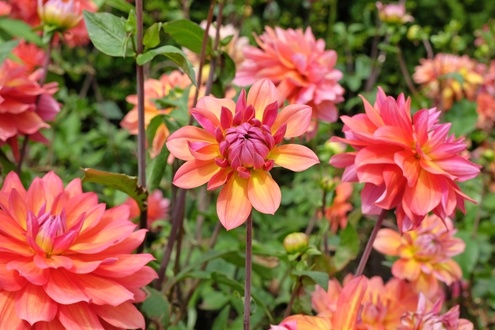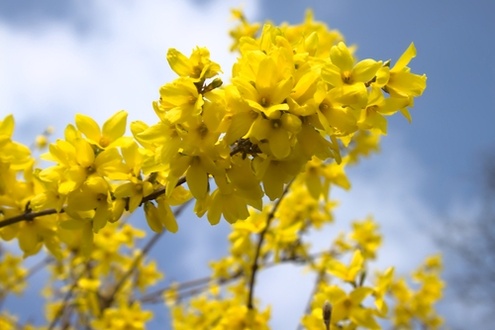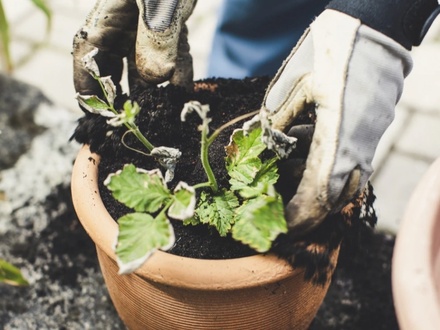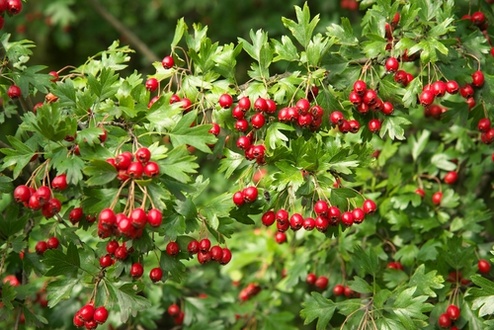
When the autumn harvest is over, it can feel as though vegetable gardening is over for the year, but it doesn’t have to be this way. With time to spare, now’s your chance to plan ahead for a bumper crop.
Planning for spring
It’s easy to get carried away when you’re browsing seed catalogues, so before you buy anything, take time to plan next year’s planting. The first rule of vegetable gardening is to grow things you actually want to eat, so make a list of your favourites, plus any new ones you’d like to try.
Next, check that everything on your list will grow in your garden’s conditions. Many vegetables are quite fussy about their preferred soil type and sunlight levels, and trying to grow crops in the wrong conditions will just lead to disappointment. To get you started, here’s a guide to some of the most popular vegetables and where to grow them
Best vegetables for clay soils
- Brussels sprouts
- Cabbage
- Squash
- Runner and French beans
- Pumpkins
Best vegetables for sandy soils
- Carrots
- Parsnips
- Onions
- Garlic
- Beetroot
Best vegetables for light shade
- Leeks
- Kale
- Radishes
- Broad beans
Preparing your vegetable garden
Take advantage of dry days in winter to start getting your vegetable beds in shape for the coming year. Take care not to walk too much on the beds when the soil is wet, as this squashes all the air pockets out of the soil, leaving it compacted and hard. Putting down boards to walk on will help distribute your weight and reduce compaction.
The first thing to do is to clear away any old remnants of summer crops and compost them, and also get rid of any weeds. Remove all old stakes, ties and supports, check what you can re-use and make a note of what needs replacing. Finally, mulch your beds with a layer of well-rotted farmyard manure or leaf mould.
Planning your winter vegetables
Although it’s too late to plant for this year’s winter harvest, now’s the perfect time to plan ahead so that next Christmas, you can enjoy your very own home-grown vegetables. Brassicas like Brussels sprouts, leeks and winter cabbage have a very long growing season, so they’ll need to be sown in spring. This does mean that they take up a lot of space in your veg plot for most of the year, so the alternative is to sow faster-growing crops such as salads in the spring, and buy your winter vegetables as seedlings in summer. Sow perpetual spinach and chard in summer and they’ll stand all through winter. And last sowing of carrots in late summer will produce delicious winter carrots that stay baby-sized thanks to the cold.
When you need inspiration for your garden, we’ve got the answers. Come and visit us to find seeds, compost, tools and everything you need for your gardening year.




